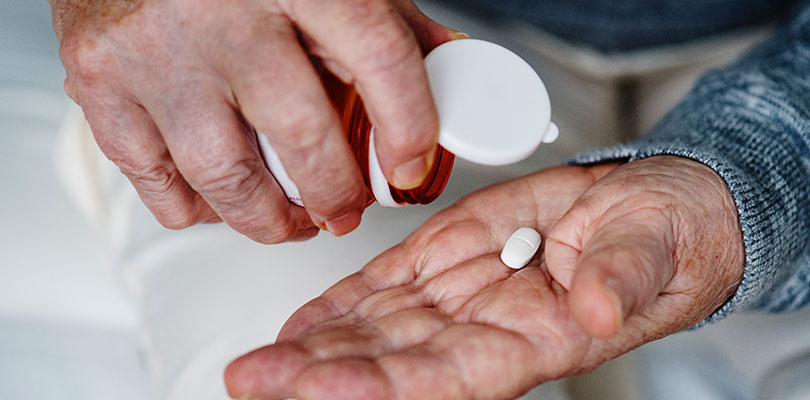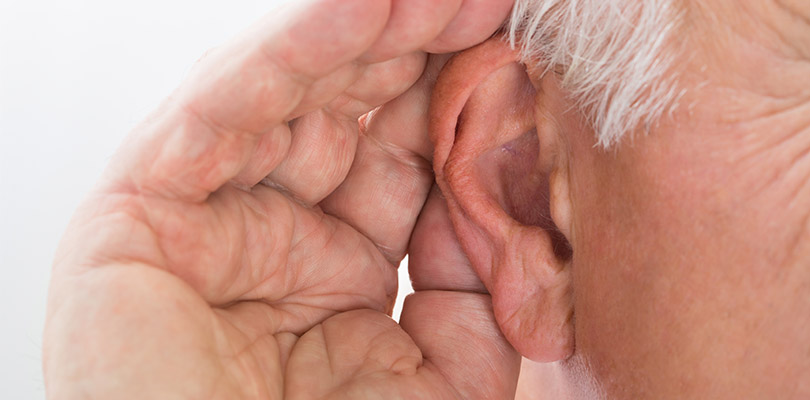How Does Sleep Deprivation Affect the Body?
Sleeping is essential for optimal health and well-being, and if you’re not getting enough quality sleep, you could suffer some serious health consequences.
Sleep deprivation can lead to a variety of physical and mental health conditions, as well as decreased productivity, injuries and an increased risk of death.
Let’s take a closer look at sleep deprivation, the underlying causes of the condition, and what you can do to improve your sleep quality.
What Is Sleep Deprivation?
Sleep deprivation is a broad term that is used to describe a condition that results when you have an insufficient quantity or quality of sleep.
Sleep deprivation can occur if you suffer from any, or a combination, of the following:
- You don’t get enough sleep.
- You sleep at the wrong time of the day.
- You have difficulty sleeping.
- You have a sleep disorder that results in decreased quantity or quality of sleep (i.e., insomnia, sleep paralysis, etc.).
Causes of Sleep Deprivation
Sleep deprivation can occur due to a number of underlying causes. Some of the most common causes of sleep deprivation include:
- Sickness – illnesses such as colds and the flu can lead to frequent waking up, snoring, coughing, etc., which can have a direct negative impact on the quantity and quality of your sleep.
- Work schedule – if you work shift work or if you travel to different time zones regularly, you’re particularly at risk for disrupting your body’s normal sleep-wake cycle, and this can result in erratic sleeping patterns and poor sleep.
- Sleep disorders – conditions such as sleep apnea, and restless leg syndrome can lead to sleep disturbances throughout the night and ultimately lead to decreased quality and quantity of sleep.
- Certain medications – some drugs that are used to treat conditions such as attention deficit hyperactivity disorder and epilepsy can cause sleep disturbances.
- Inadequate sleep environment – certain elements in your sleeping environment can interfere with your ability to get a good night’s sleep. Examples of issues with the environment include a noisy room, a room that’s too hot or too cold, and/or a room that allows too much light in.
- Poor sleep routine – you may have habits that are negatively interfering with your sleep, including eating large meals, smoking, or drinking coffee too close to bedtime, overthinking, and having an inconsistent bedtime and wake-up time.
- Parenting – if you’re a parent of a newborn or toddler, your sleep may be disturbed because of frequent waking during the night because your child is hungry or needs to be comforted.
Symptoms of Sleep Deprivation
Both short-term and long-term sleep deprivation can lead to some pretty characteristic symptoms.
The symptoms that you experience can range in severity from mild sleepiness to more serious complaints such as memory issues, and hallucinations.
The degree of symptom severity depends on two factors:
The Amount of Time You Spend Awake
This may seem obvious, but your symptoms will be more pronounced the longer you stay awake, and this may be especially true if your sleep deprivation is on-going night after night, or is extreme such as in the case of staying up all night.
By now it probably seems like yoga is being done by everyone to improve their physical and spiritual health. Here are some reasons why yoga is all the rage.
Your Circadian Clock
The severity of your symptoms will vary throughout the day. That being said, they will likely seem worse during the times when you should be asleep.
Also, your symptoms may be more pronounced when your circadian signal drops – this typically happens during the early to mid-afternoon.
Stages of Sleep Deprivation
Your body moves through different stages of sleep deprivation as the hours tick by, let’s take a look at what happens…
- 24 hours – Impairments in memory, coordination, and judgment.
- 36 hours – Physical health begins to be negatively impacted.
- 48 hours – Disorientation and microsleeps (falling asleep for a few seconds or minutes throughout the day without even realizing it).
- 72 hours+ - Major cognitive issues and possible hallucinations.
Symptoms of Sleep Deprivation
Symptoms of sleep deprivation are vast, with the most obvious symptoms being:
- Excessive sleepiness.
- Daytime fatigue.
- Irritability.
- Yawning.
If you’re sleep deprived you’re also more likely to have decreased work productivity, and you’re at an increased risk of suffering a work injury or being involved in a car accident.
In addition to all of the symptoms of sleep deprivation, research has shown that chronic sleep deprivation is linked to an increased risk of heart disease, diabetes, weakened immune system, depression, cancer, and early death.
Sleep Deprivation Effects on the Brain
When sleep deprivation becomes severe, your brain starts to “turn off” areas that aren’t needed for survival – this means that your brain function is significantly impaired. This can lead to symptoms such as:
- Memory impairments (both short and long-term memory).
- Mood changes.
- Difficulty with concentration and thinking.
Prolonged sleep deprivation causes your hormones to fluctuate all over the place. The hormonal imbalances that result can have drastic effects on your health leading to a low sex drive, and weight gain.
Sleep Deprivation Treatment
In many cases changing your habits throughout the day, and at bedtime, can help to improve your sleep quality and reduce your risk of sleep deprivation.
Some tips to improve your sleep include:
- Exercise regularly, however, avoid vigorous exercises for 3 hours before bedtime.
- Get plenty of sunlight in the morning and early afternoon.
- Ensure that your mattress and pillow are adequate (typically mattresses should be replaced every 10-12 years, and pillows should be replaced every 1-3 years).
- Avoid smoking, drinking caffeine and alcohol, and eating large meals for 3 hours before bedtime.
- Put down the screens (i.e., phone, tablet, computer, etc.) 2 to 3 hours before bedtime.
- Go to sleep and wake up at the same time each day (even on weekends!).
- Engage in a relaxing bedtime routine and try to shut off stressful thoughts (i.e., have a warm bath, read, meditate, etc.).
- Ensure that your sleeping environment is quiet, cool, and dark.
In cases where your sleep deprivation is caused by an underlying health condition or medication, it’s important to speak to your medical doctor to address the issue.
For instance, if you suffer from sleep apnea, a continuous positive airway pressure device (CPAP) may be needed to improve your symptoms and optimize your sleep.
In Conclusion...
Sleep deprivation, whether it is short or long term, can lead to negative health consequences, and can even contribute to early death.
If you suffer from sleep deprivation, it’s important essential that you seek out ways to enhance your sleep and improve your quality of life






